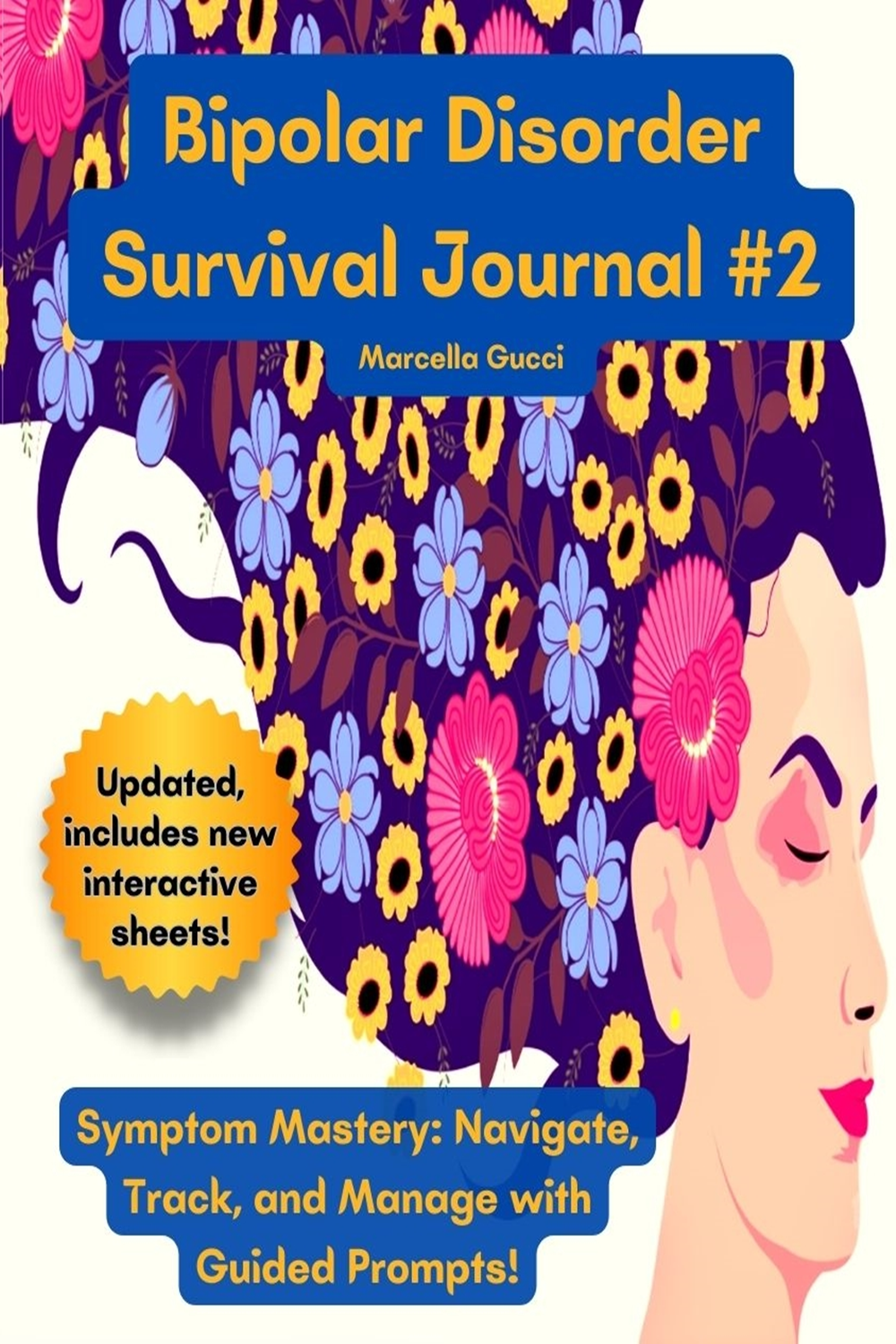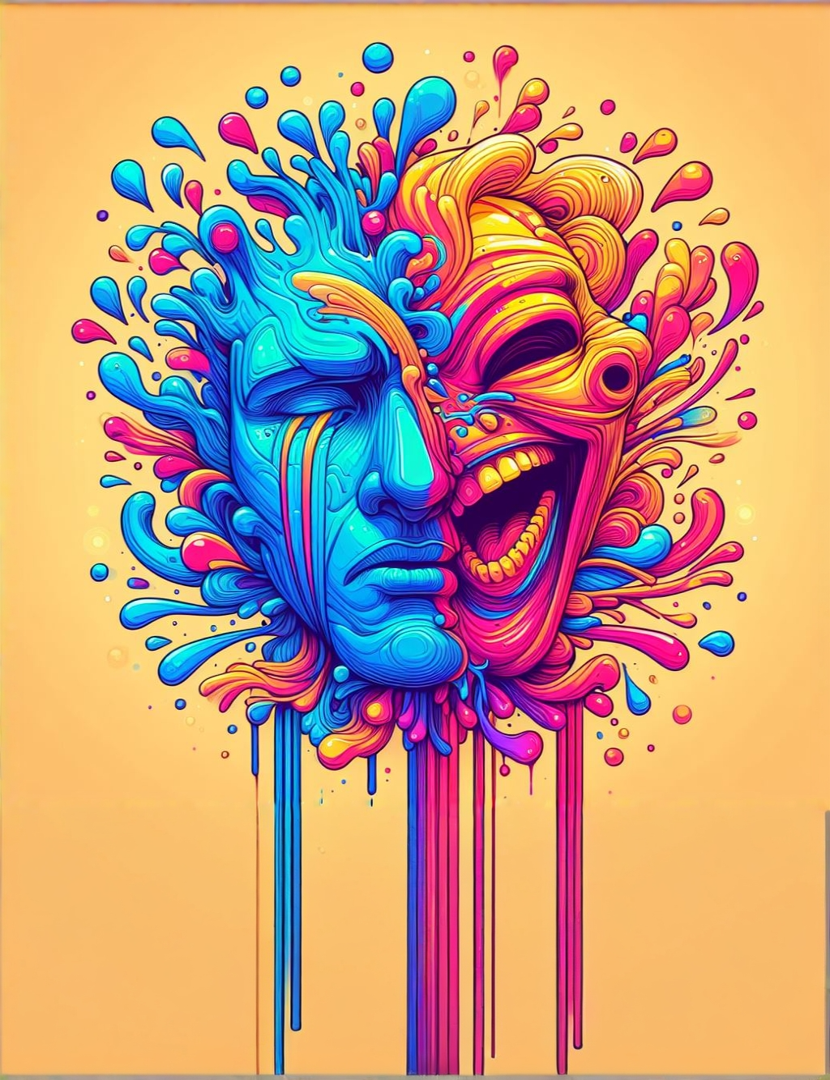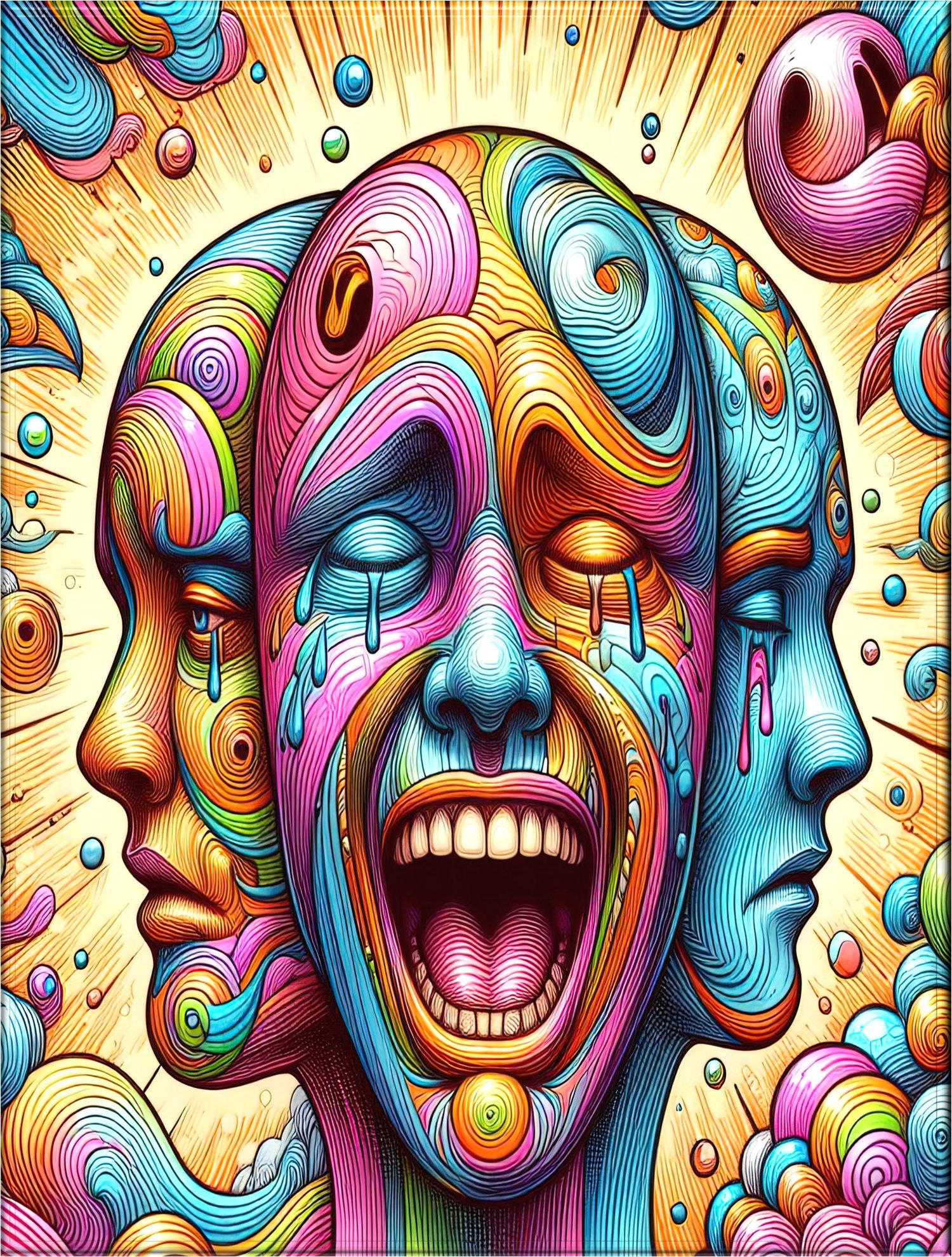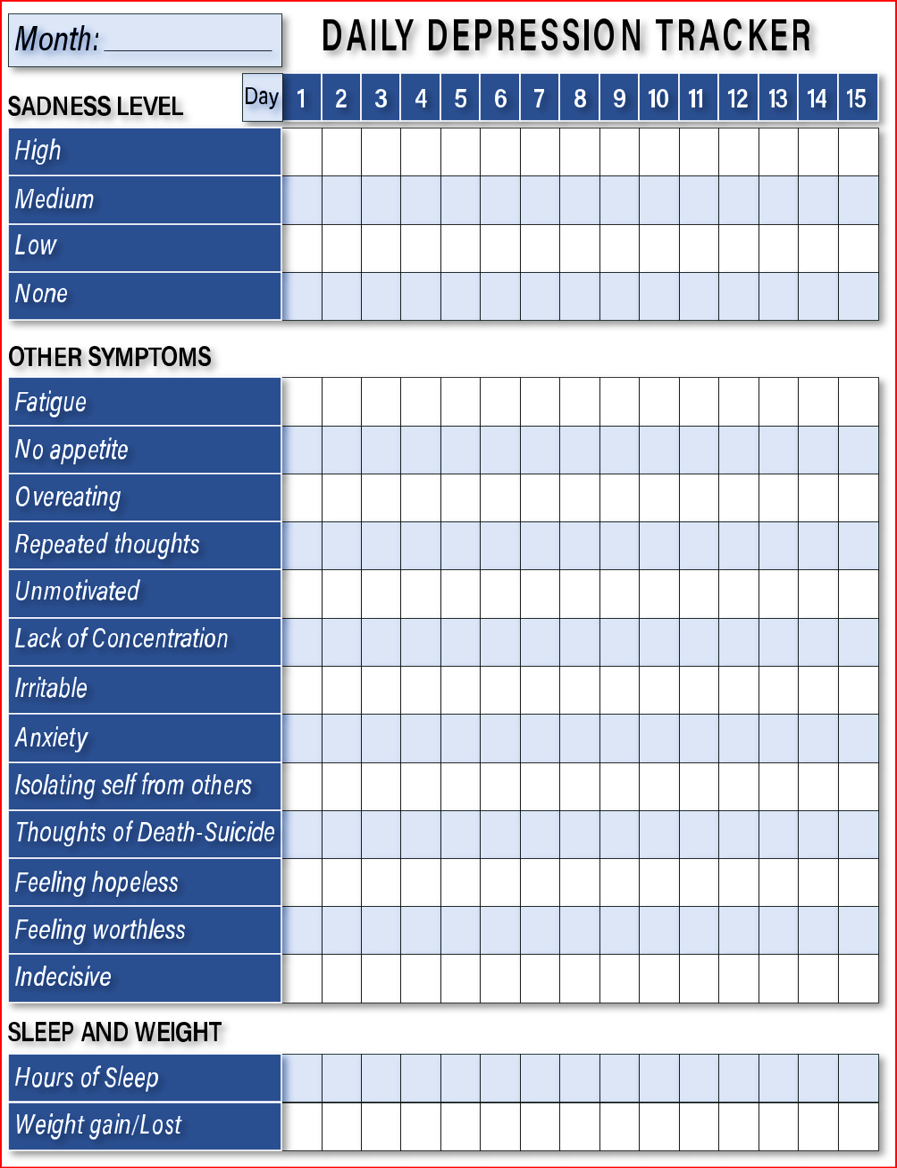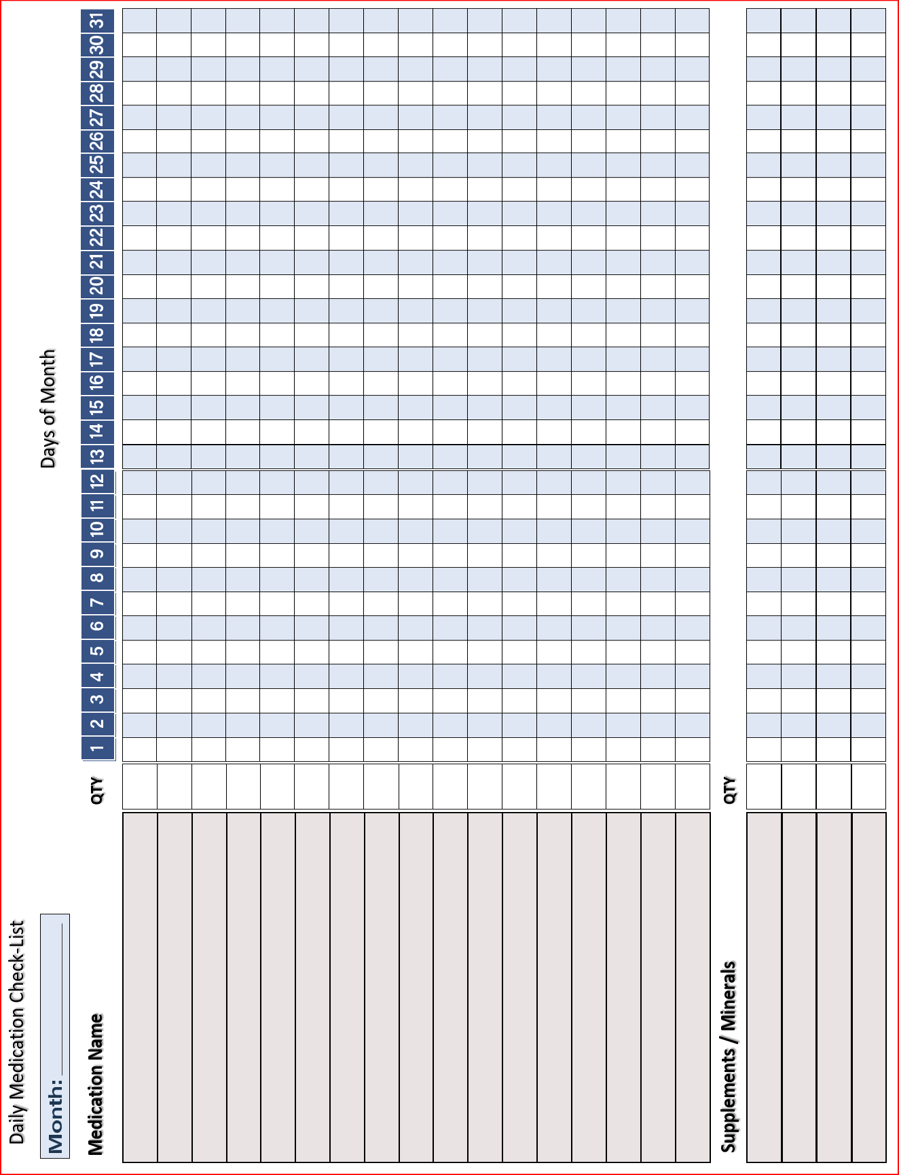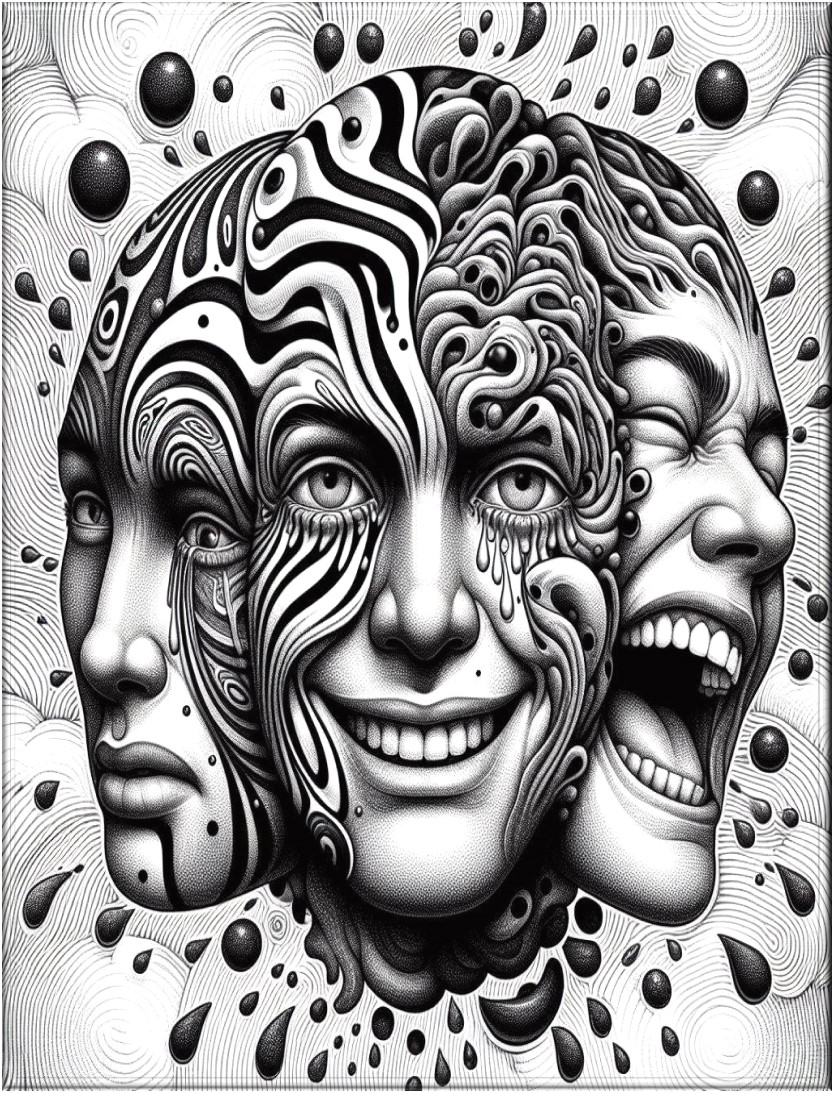Bipolar Disorder Survival Journal #2
Subtitle -: Live Well with Bipolar | A Guided Journal for Tracking, Understanding, & Growth, for Men, Women & Teens | (12-Month Edition)
I've been married to my husband for the past 18 years, I've experienced some of the most trying times in my life, but also some of the most rewarding experiences. My name is Marcella Gucci.
This journal was started because I am married to a man who suffers from ADHD and BIPOLAR disorder. In it, I detail the steps that my husband and I took to help him get back on the path to normalcy so that he can lead a normal life.
Bipolar disorder is a lifetime struggle, but it does not have to control your life.
The majority of people are familiar with bipolar disorder, a mental health illness characterized by manic episodes and significant bouts of sadness.
Bipolar II disorder varies from bipolar I disorder in that sufferers may never experience a full manic episode, but may endure moments of great energy and impulsiveness (hypomania) as well as melancholy and anxiety.
If you have been diagnosed with bipolar illness, or even if you suspect you may have this disorder, your extreme emotions may be frightening. There are, luckily, treatments that have been shown to work in the past and can help you calm your mind.
The mindfulness-based exercises in the journal will help you regulate your emotions, track your progress, and eventually lead a happier and more productive life. You will also learn crucial stress management, healthy decision-making, and problem-solving techniques.
But like anything in life, you will get out, what you have put in. I am not a doctor but have been exposed to almost every type of doctor or specialist in this field. I have just put down on paper what has worked for us and hope you can also benefit from our hard-earned experience.
A sample of the tone of the book below:
Why keeping a journal daily is so important?
Disorders of Mood
Emotions are represented by our moods. They have an impact on us every day. We are sad at times and happy at others. We may even experience both sadness and joy on the same day. However, people's moods can become "stuck" on sad at times. Alternatively, moods may shift dramatically or become extreme. When this happens, it has an impact on our lives. It could also be caused by a group of mental illnesses known as mood disorders.
Mood disorders are a type of mental illness that affects how you feel and think about yourself, others, and life in general. Depression, dysthymic disorder, and bipolar disorder are the three types of mood disorders.
Depression makes you sad or depressed. Some people describe depression as feeling "numb" or "without feelings." Depression can also make you angry, hopeless, and guilty. Many people who suffer from depression lose interest in activities they once enjoyed or isolate themselves from family and friends. However, depression can have an impact on more than just your mood: you may have difficulty concentrating or remembering. You could sleep or eat less or more than usual. You may also experience constant fatigue.
Seasonal affective disorder (SAD) is a type of depression that is influenced by the changing of the seasons. It typically affects people during the winter, when there is less daylight.
Postpartum depression is a type of depression that occurs after a woman gives birth. Postpartum depression is most likely caused by a combination of biological changes as well as social and emotional changes in the lives of parents.
Dysthymic disorder (also known as dysthymia) is a type of depression. When you have dysthymic disorder, your depression symptoms are milder but last longer.
Bipolar disorder is divided into three parts: depression, mania, and normal feelings.
Depression in bipolar disorder is similar to depression in other mood disorders.
· Mania is what distinguishes bipolar disorder.
o During a manic episode, some people feel very happy, while others feel very irritable or angry. Mania symptoms include feeling extremely powerful, not needing much sleep, and having racing thoughts.
o During a manic episode, many people do things they wouldn't normally do, such as go on expensive shopping sprees they can't afford, engage in risky sex, or consume more alcohol and other substances than usual.
o Bipolar disorder manifests differently in each individual depending on how long mania and depression episodes last, how severe they are, how quickly a person's mood changes, and how long a person has normal mood in between.
Psychosis and mood disorders
Some people develop psychosis during a severe depression or manic episode. Psychosis is divided into two parts: delusions and hallucinations. Delusions are strong false beliefs.
Depression Symptoms
· I'm experiencing overwhelming sadness or grief.
· I've lost interest in activities I used to enjoy;
· I've lost my desire for sex;
· I've found myself avoiding other people.
· I'm sleeping more or less than usual;
· I'm eating more or less than usual;
· I'm having difficulty concentrating or making decisions;
· I'm extremely irritable and angry;
· I'm constantly feeling guilty.
Mania Symptoms
· I've been in an abnormally high or elevated mood;
· I'm extremely irritable or angry;
· I'm optimistic about everything, even when others aren't;
· I make hasty decisions without thinking them through;
· I spend money more quickly, or my sexual habits have changed.
· My mind is racing;
· I have a lot of plans.
· I'm extremely energetic; I can't seem to sit still;
· I'm speaking faster than usual;
· People appear to have difficulty understanding me.
· I don't need to sleep
· I have a very short attention span.
If you've been experiencing several of these symptoms for a long time, you should consult your doctor.
What Causes Bipolar Disorder Mania?
There is no single cause of mania in bipolar disorder, just as there is no single cause of bipolar disorder in some people but not others. Experts believe that several factors interact to increase a person's risk of developing the condition.
These are some examples:
· A neurotransmitter chemical imbalance
· Unbalanced hormones
· Environmental factors, such as trauma and abuse, genetics
· Triggers
· Bipolar mania can occur in people who are unaware they have bipolar disorder.
Manic episodes are commonly triggered by the following factors:
· Grief, the death of a loved one
· Relationship dissolution or divorce
· Extreme stress brought on by issues with work, money, or relationships
· Abuse can be physical, sexual, or emotional.
· Illness of the body
· Women's pregnancy, childbirth, or menopause
· Disruptions in sleep


